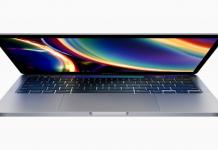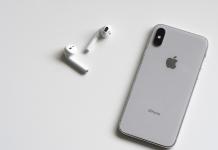This is for all the people who could not watch Apple’s event. It was on October 13th and had some really cool announcements. For starters, we have the all-new Apple iPhone 12. But wait, we also have the iPhone 12 Pro and the iPhone 12 Mini. There were a lot of emphases given by the company on 5G and all of their new phones come with support for 5G. Let’s take a look at each of these and decide which one you should buy next.
iPhone 12 Mini
The company spoke a lot about an all-new design, but in reality, it is a very familiar one. My personal favorite iPhone is the iPhone SE Gen 1, which had the earlier design of the iPhone 5, with the sharp edges but really powerful hardware for a small phone. They did the same thing with the iPhone 12 Mini. It is marketed as the world’s smallest 5G phone, but I think it is also a powerhouse. It comes with the Apple A14 Bionic chipset, which is the first 5nm chipset in the world. There are 6 CPU cores, 4 GPU cores, and a 16-core neural engine.
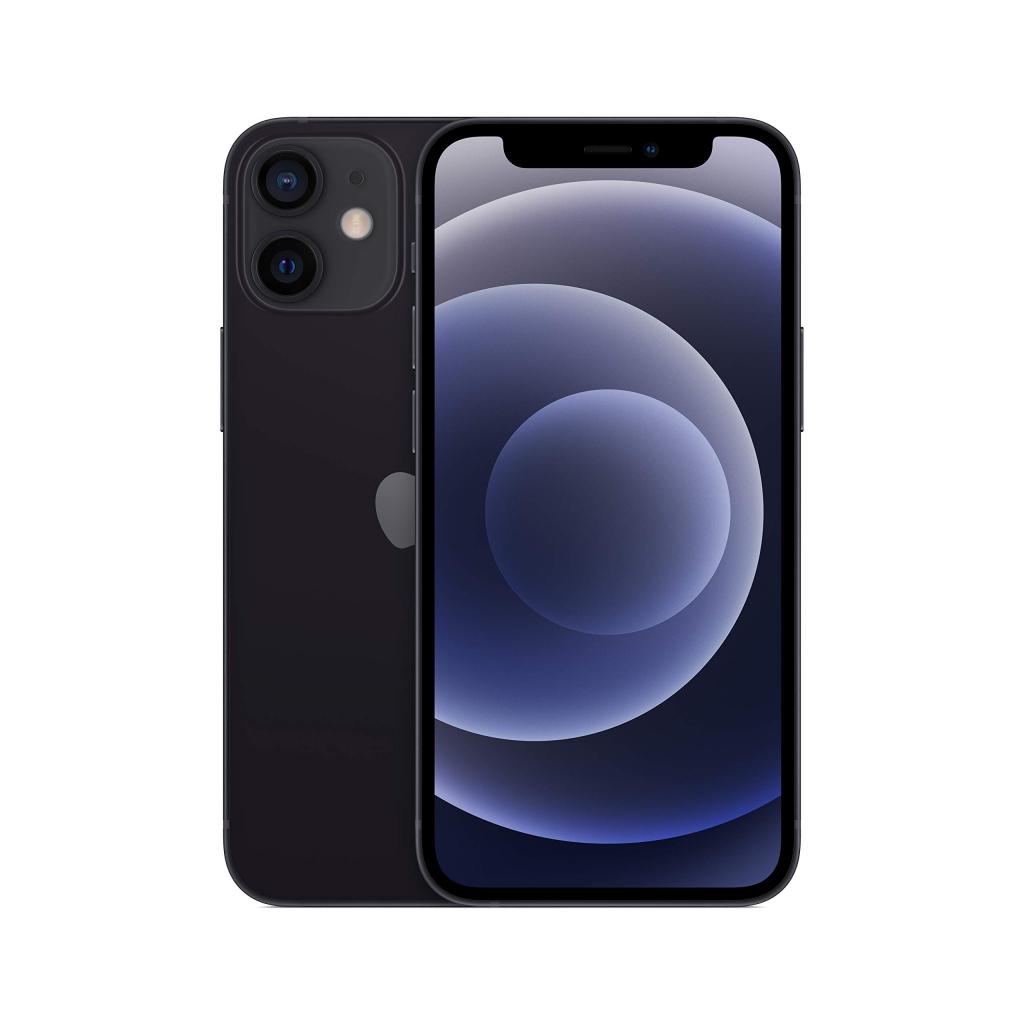
Apple claims that the processor can even challenge some laptops. They did not disclose the battery capacity nor RAM. The display is top-notch and it is their best Super Retina XDR display. It has a ceramic shield for protection which is 4 times better in terms of drop performance. There are 2 cameras at the back, both of which are 12-megapixel sensors. The front-facing camera is again another 12-megapixel sensor. All the cameras have night mode. The iPhone 12 Mini starts at $699.
iPhone 12
This is a very confusing choice. Apart from the fact that it is slightly bigger than the Apple iPhone 12 Mini, I don’t see a very compelling reason to go for the iPhone 12. But again, for $100 more, you get a bigger display, a slightly less prominent notch, and slightly better battery life as well.
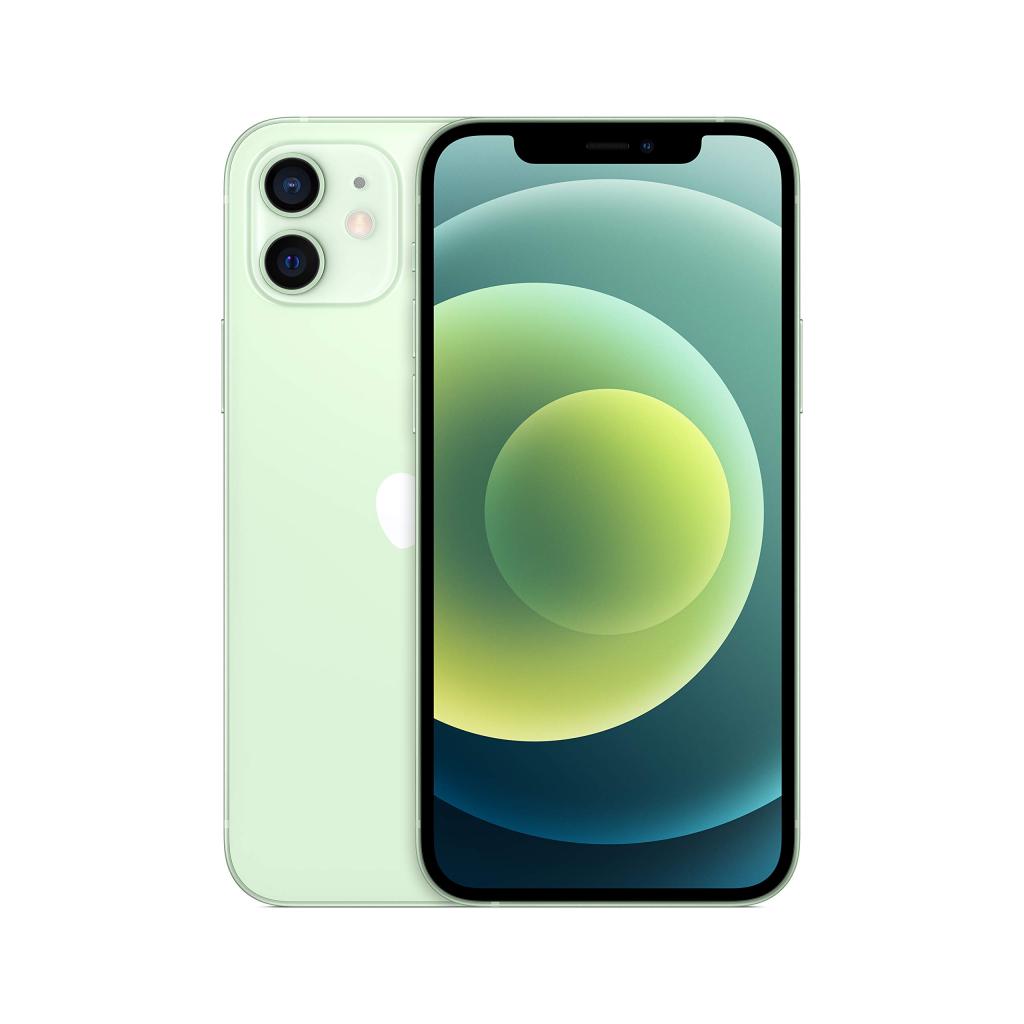
The rest of the hardware remains exactly the same. Instead of a 5.4-inch display, it is a 6.1-inch Super Retina XDR display with Ceramic Shield coating. The processor is the same, the cameras are the same, even the thickness is the same. Prices start at $799 for the iPhone 12.
iPhone 12 Pro
Next up, we have the Pro variant of the iPhone 12. Again, the majority of the spec sheet remains the same. There was a time when Apple put the Bionic chipsets inside the Pro variants and the slightly less powerful SoCs in the base models. That is not the case now. The display is exactly the same. The dimensions are exactly the same. It is slightly heavier than the iPhone 12 at 189g against the 164g of the iPhone 12 and 135g of the iPhone 12 Mini.
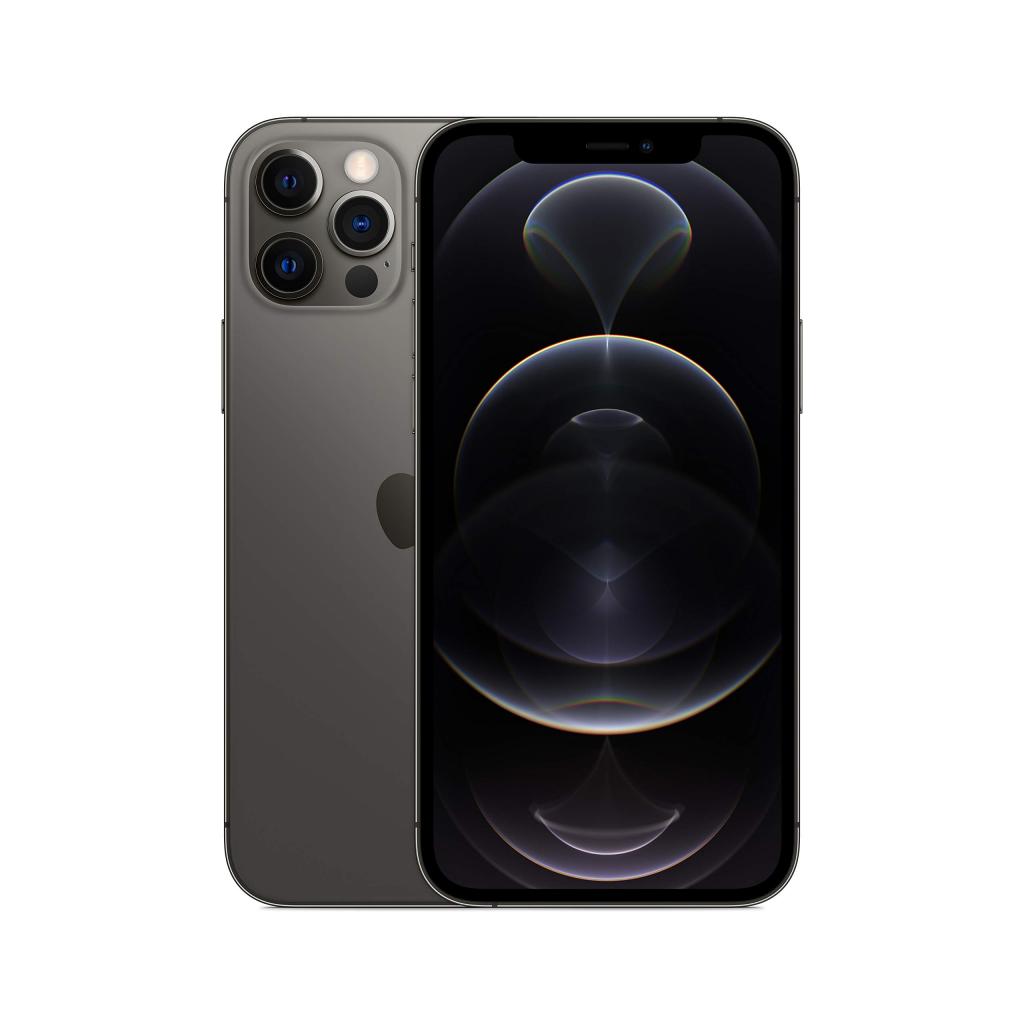
We have a third camera at the back, which is a 12-megapixel telephoto sensor. The storage options start at 128GB instead of 64GB for the Pro variant. A big difference in the iPhone 12 Pro is the presence of a LIDAR scanner. LIDAR sensors can detect a scene, create a depth-map, and give you a better and immersive AR experience. The engineers have also used this sensor to improve low-light camera performance. Prices for the iPhone 12 Pro start at $999.
iPhone 12 Pro Max
Again, the same plot but a different protagonist. Same hardware in terms of processor, display, battery, and cameras in comparison to the iPhone 12 Pro. The only difference here being the larger 6.7-inch display. The larger display causes the pixel density to be slightly lower at 458ppi. The phone is also the heaviest at 228g. The Apple iPhone 12 Pro Max starts at $1099.
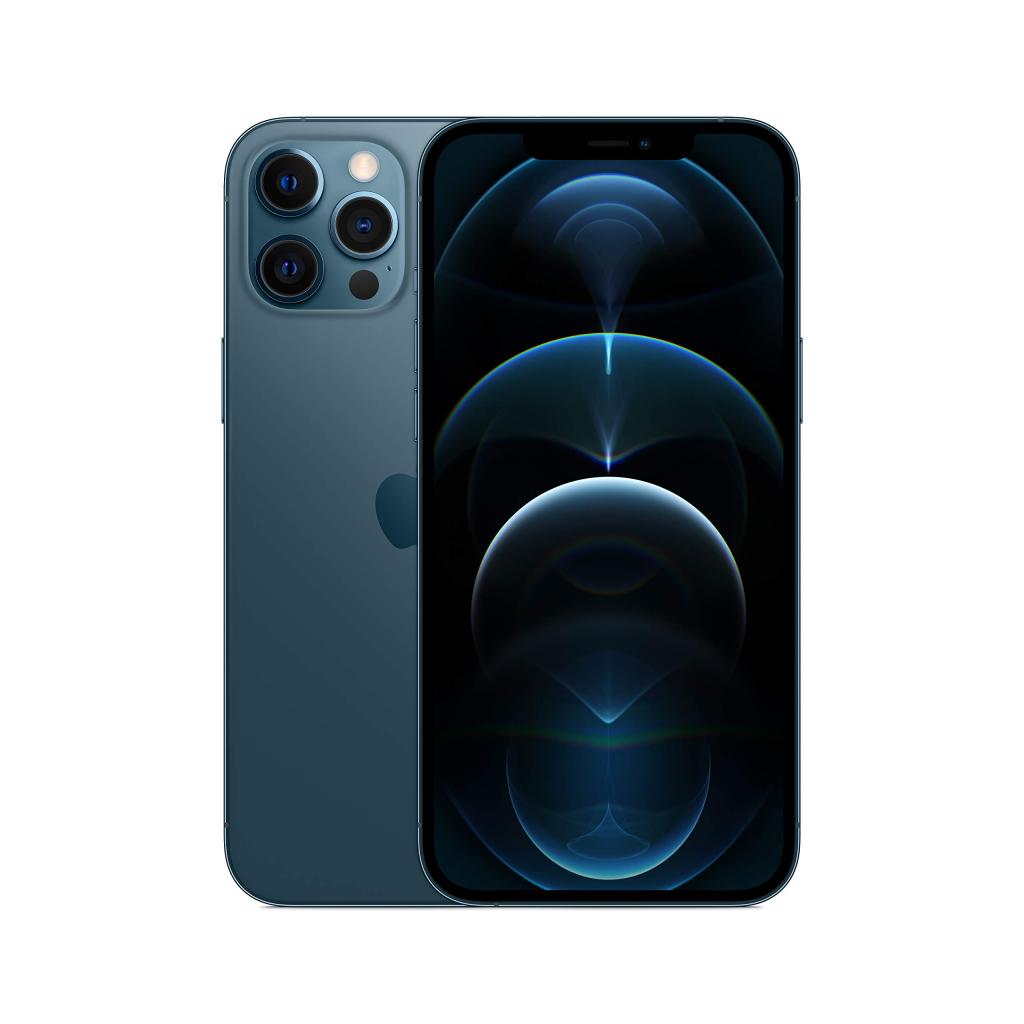
Which iPhone to buy?
What Apple has done here is ingenious. They have not discontinued any of their other phones this year. As of writing this post, there is the iPhone SE, iPhone XR, iPhone 11, iPhone 12, and the iPhone 12 Pro available in the market. The price difference between the starting models of the first four phones is $100 each. So, a person who wants to spend $399 on the iPhone SE might look to spend $100 more to get a slightly better phone and this works like a domino. There is one feature, ‘MagSafe’, which allows for seamless attachments to the new iPhones and it is available across all of them. All of them have IP68 certification. All of them support 5G. We would suggest you have a clear idea of your requirements and go for the phone that fits the bill.



